
Feb. 2, 2026
Mizzou researchers find chemistry in collaboration
An interdisciplinary team is blazing a trail to the efficient and effective production of compounds essential to common drugs.

Jan. 5, 2026
Applying knowledge and skills to support vet students’ learning
Biological and biomedical engineering students collaborated with the College of Veterinary Medicine to build an accurate, realistic and practical model of a feline skull.
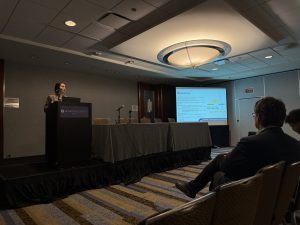
Nov. 12, 2025
PhD candidate earns Best Student Paper Award for physiological measurement study
Sara Mostowfi and collaborators propose that pupil dilation can reveal metacognitive processes in AR-based learning environments.
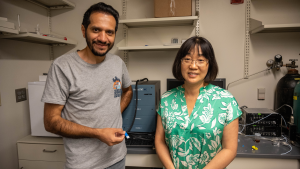
Sep. 3, 2025
Mizzou at the forefront of using hydrogen energy safely
A new super-sensitive sensor created at Mizzou can quickly detect hydrogen gas, helping prevent accidents and protect the environment.
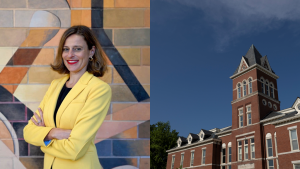
Aug. 19, 2025
Leveraging technology to transform engineering education
A $2.5 million collaboration between Mizzou and UConn aims to personalize learning for more engineering students.
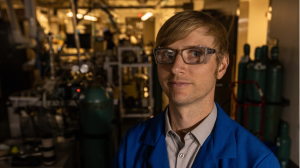
July 30, 2025
Shining UV light on the future of computer chips
A recent study from the University of Missouri could help scientists and engineers build faster, cheaper and more eco-friendly electronics.
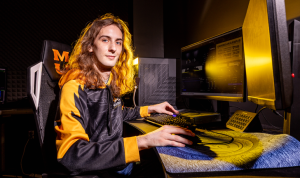
July 29, 2025
Weird Mage is Mizzou magic
Jasper Holland and fellow creative wizards leverage Mizzou opportunities and advantages to launch video game company.
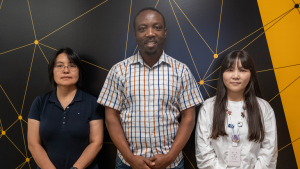
July 29, 2025
Opening a new chapter in sustainable lighting technologies
New materials set the stage for more efficient lighting, cleaner solar energy systems and even compact LEDs for wearable medical devices.
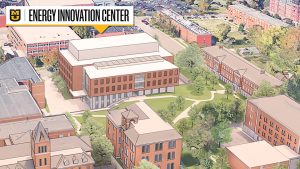
June 26, 2025
Mizzou launches Energy Innovation Center to help power tomorrow
The University of Missouri is designing and constructing an Energy Innovation Center, a cutting-edge facility where world-class researchers will design the energy systems of tomorrow.
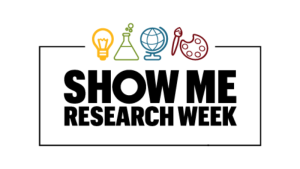
April 9, 2025
Mizzou Engineers set to present at Show Me Research Week
Next week, more than 60 engineering undergraduates, graduate students and postdocs will present their leading-edge research projects at the campus-wide event.